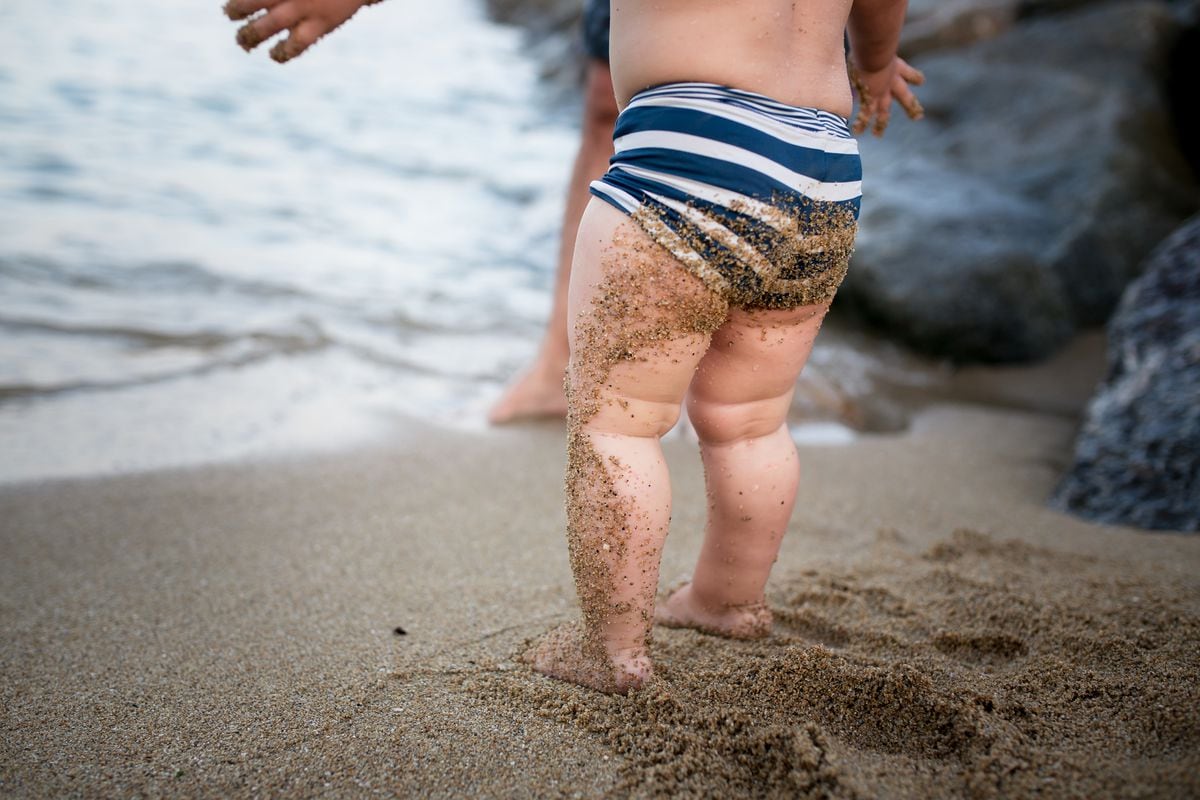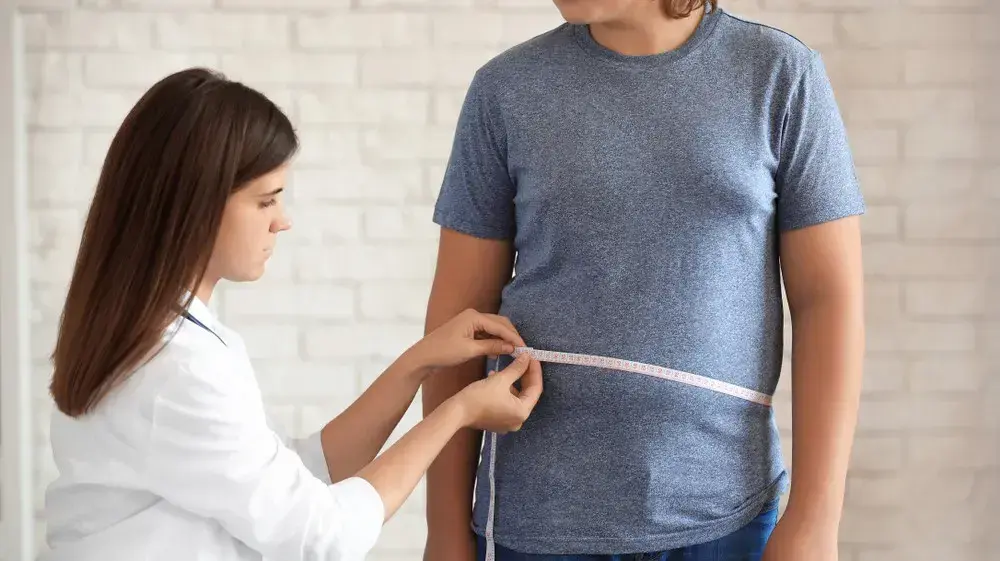One of the key points of the National Strategic Plan for the Reduction of Childhood Obesity (2022-2030), presented this June 10, is to increase the practice of physical activity in schools and educational centers.
The reason is that for many children and adolescents, Physical Education class hours are the only exercise time they practice per week.
The reverse of this situation is that, when school ends in the summer, physical activity ends for a good part of the child population.
That is just one of the reasons why the so-called
summer effect appears.
in childhood obesity.
Albert Lecube, vice president of the Spanish Society of Obesity (SEEDO) and specialist in Endocrinology and Nutrition explains it: "The prevalence of obesity increases progressively from early childhood until reaching adolescence, with population data confirming the existence of peaks in this disease during the summer months.
The serious thing is that, although weight gain is variable and depends on factors such as the age of the children or if the change in habits is more or less profound, that extra weight throughout the summer can reach three kilos. which, at those ages, is a lot.
The children's vacation period is not an easy stage to organize —and order— for parents in general and for those who work in particular.
So children and adolescents often spend a lot of time alone at home or at their grandparents' house, "with a pantry full of food at their disposal, not always of adequate nutritional value," says Rosaura Leis Trabazo, coordinator of the Committee of Nutrition and Breastfeeding of the Spanish Association of Pediatrics (AEP).
And that's not all,
More information
Prevent childhood obesity: “It is essential that healthy nutritional habits are promoted from an early age”
To these reasons are added others, summarizes Trabazo: "During the holiday period, children seem to increase their food intake, modify their schedules and consume more fast food, precooked, easily accessible, more drinks with added sugars and consume more food out of home".
And he adds: "They sleep fewer hours and get up later, which seems to influence many not eating breakfast."
That is to say, "it seems that their eating behavior is of greater risk", he continues, "by assuming a positive energy balance, which will result in a greater fat deposit".
Obviously, not all children are at the same risk.
Those who are enrolled in urban neighborhoods or camps, those who enjoy a vacation period more similar to that of their parents or those who maintain sports
hobbies
during the summer are less likely to gain weight during the summer season.
On the other hand, "those who are already somewhat overweight or obese during the school year, are in poorer physical shape and have relatives with this disease will be more affected," Lecube resumes.
And there are still more.
"Children with low family control of their healthy lifestyle patterns are at greater risk and, in this sense, adolescence is a stage of special risk," says Trabazo.
Indeed, the stage between childhood and adulthood is once again the most complicated: “During this period, sometimes beliefs and philosophies are vindicated through food, adults lose influence over the decisions that children are going to make. teenagers and their peers gain prominence”.
This is one of the reasons why, again, so much importance is given to food education from the first years of life.
This fact is confirmed by the vice-president of SEEDO: “The change of habits in our children must begin at an early age, because as they get older, it will be more difficult to modify already established habits.
If we wait until our children are teenagers, we will have missed a great opportunity to build good health in them as adults.
uphold standards
Even if the situation is not easy for parents, try to keep some strict rules as long as possible.
These are the pediatrician's recommendations: “Perhaps the main one is to maintain adequate sleep time even on vacation and schedules that allow us to have five meals a day: breakfast, mid-morning, lunch, snack and dinner.
Also plan the diet and the foods and drinks that we have at home for quick consumption, choosing them among the healthiest.
Summer is also a good time to increase the consumption of fruits and vegetables, so varied during this time, and whole grains and fish.
“And let's promote adequate hydration in which water should be the fundamental drink.
Try to schedule with our children the performance of activities that require exercise and limit the time they use the screens.
We must bear in mind that the summer period is an important opportunity to share healthy eating patterns as a family, promoting our traditional, Atlantic and Mediterranean diets”, suggests Tabrazo.
The pediatrician believes that it may be a good idea to involve the little ones in the house and the kids in menu design.
And, of course, spend time during meals with them.
Lecube, for his part, also points to this same strategy: “We must be able to sit around the table with our children, share a balanced diet and explain to them the risks to their health of not monitoring changes in weight, in summer and At any time of year".
Situation in Spain of childhood obesity
In Spain, there is an alarming situation regarding childhood obesity and overweight.
According to the ALADINO study by the Spanish Agency for Consumer Affairs, Food Safety and Nutrition (AECOSAN), 23.3% of schoolchildren between the ages of 6 and 9 are overweight;
and 17.3%, obesity.
The consequences of these health problems are not negligible, being associated "from the early years with other problems such as high blood pressure and cholesterol, insulin resistance, non-alcoholic hepatic steatosis or fat deposits in the liver, as well as deficiencies of important nutrients for health such as iron, calcium, iodine and vitamin D”, warns Dr. Rosaura Leis Trabazo.
You can follow Mamas & Papas on
,
or sign up here to receive
our fortnightly newsletter
.


/cloudfront-eu-central-1.images.arcpublishing.com/prisa/RDU33EMH6NBSHNKREMLJH4TGFQ.jpg)











/cloudfront-eu-central-1.images.arcpublishing.com/prisa/B7F2F3HZ2JCUHDZJKAGKAXXPSU.jpg)